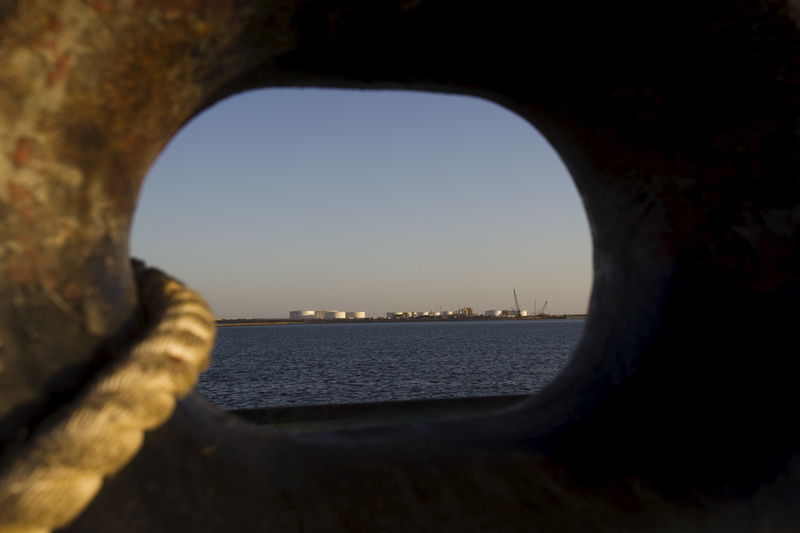The KfW Development Bank, backed by the EU and German Federal Ministry, is investing $21 million in Mozambique’s renewable energy sector through the GET FiT program. The initiative aims to stimulate private sector investments in renewable energy infrastructure, with a focus on private solar projects and small-scale hydropower plants.
Marco Freitag, KfW Portfolio Manager, emphasized the potential of hydropower to supply eco-friendly energy and spur economic growth. The investment seeks to attract Independent Power Producers (IPPs) with tariff subsidies, simplify their market entry through standardized contracts, and connect hydropower plants to the national grid in northern and central Mozambique, where energy poverty affects 80% of the population.
The GET FiT program is expected to mobilize an additional €60 million ($63.2 million) in private capital. Currently, Mozambique has a hydroelectric capacity of approximately 2,200 MW. Under this initiative, an extra 25 MW of power is forecasted, reported energy sector journalist Nicholas Nhede.
The initiative comprises two phases: the initial phase promotes solar projects and photovoltaic installations with a €25 million commitment from BMZ. The second phase supports small-scale private hydropower projects at over 1,400 potential sites with a total capacity of 18,000MW. For this phase, GET FiT Mozambique II has allocated €20 million to aid IPPs’ market entry, offering tariff subsidies over several years post-commissioning and a guarantee facility to mitigate financial risks.
The program employs a results-based funding approach with standardized contracts and approval processes to expedite project implementation and awards licenses through an international public tender. Currently, Mozambique generates 80% of its energy from renewables with plans to increase its hydropower capacity to 4500MW by 2030, following environmental assessments. The program aims to add 25MW of power generation capacity overall.
This article was generated with the support of AI and reviewed by an editor. For more information see our T&C.
Read the full article here





